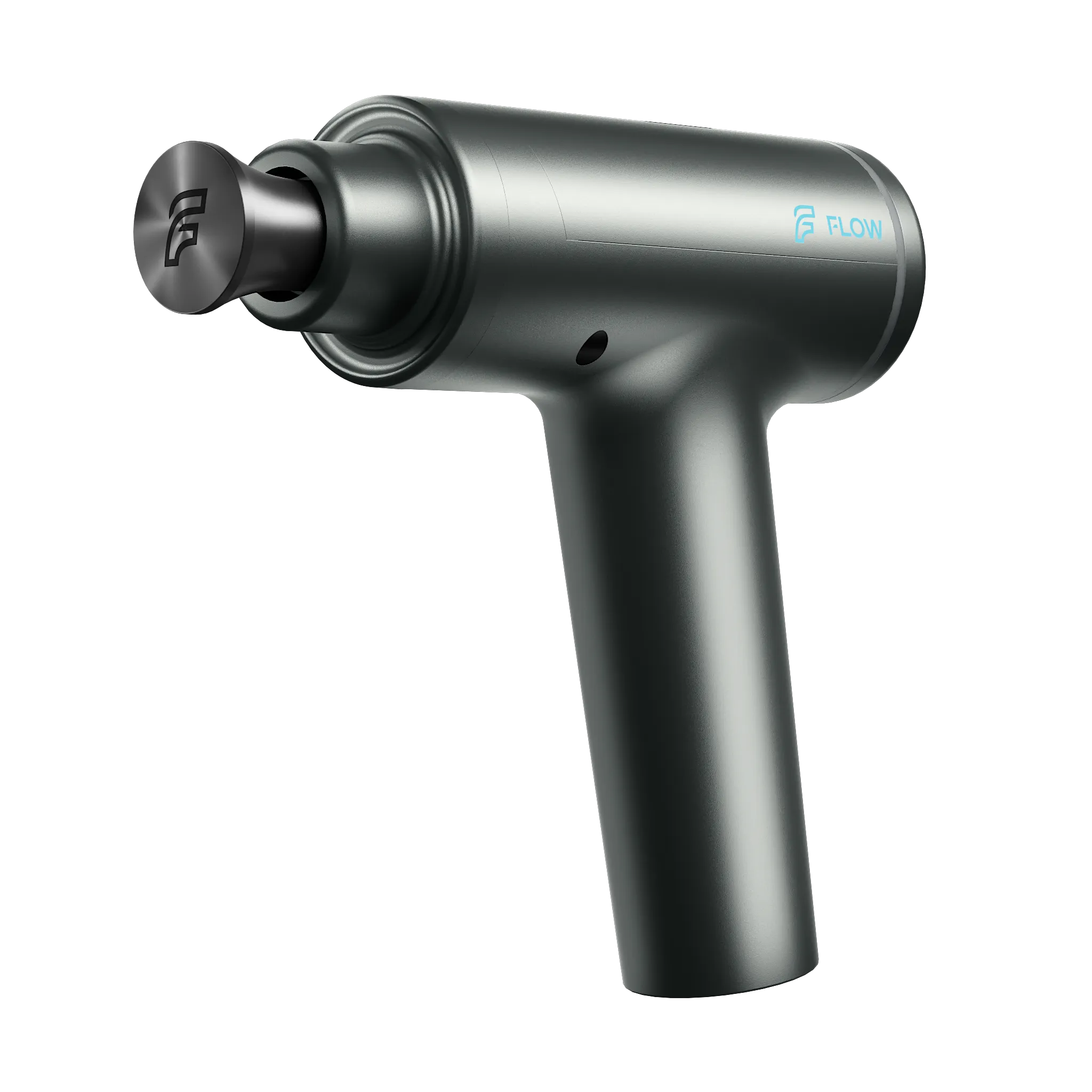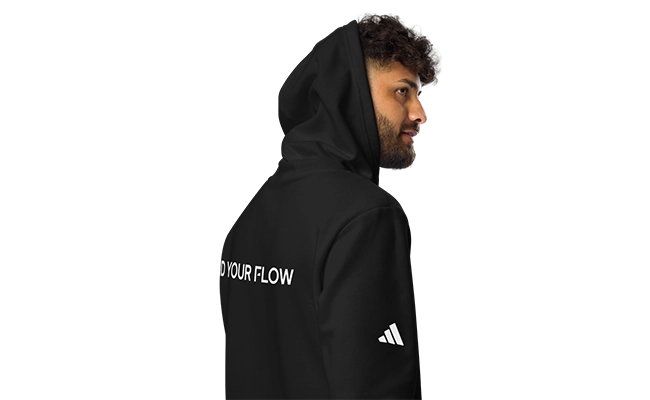Article: Practical Strategies for Getting Quality Sleep While Traveling

Practical Strategies for Getting Quality Sleep While Traveling
For professional athletes and frequent travelers, quality sleep is essential to stay sharp and competitive. However, frequent time zone changes and adjusting to new environments can severely disrupt sleep patterns, impacting health and performance. Fortunately, by implementing targeted sleep strategies, you can help your body adapt quickly and get restful sleep, no matter where you are.
Understanding the Travel Sleep Challenge
Frequent travelers, especially those crossing multiple time zones, often struggle to maintain a regular sleep pattern. This lack of quality sleep leads to reduced cognitive function, decreased energy, and weakened resilience. Here’s our practical guide to staying energized and focused by mastering the art of sleep on the go.
1. Mastering Light Exposure
Morning Light for Wakefulness
Exposure to natural light, especially in the morning, helps reset your internal clock. Aim for at least 30 minutes of daylight after arriving at your destination to help your body adjust. This signals to your brain that it’s time to be alert, aligning your circadian rhythm with the local time.
Limit Evening Light
In the evening, reducing blue light exposure can prepare your body for sleep. Using blue light-blocking glasses or phone settings can make a difference. Opting for a book over a screen an hour before bed also helps your brain wind down naturally.
Example: If you arrive in London from New York in the early morning, spend some time outdoors rather than taking a nap in a dark room. This natural light exposure will help your body adapt faster to the new time zone.
2. Timing Meals to Your Destination
Your body clock is influenced not only by light but also by when you eat. Syncing your meals with local time can help you adjust more quickly.
Eat Breakfast on Local Time
Even if you’re not hungry, having breakfast in your new time zone sends signals to your body that it’s time to start the day.
Avoid Late-Night Heavy Meals
Heavy meals close to bedtime can interfere with sleep. Instead, choose a light snack with a balance of carbs and protein, such as a banana with almond butter.
Example: If you’ve flown into Tokyo from New York, resist the urge to have a large meal even if it feels like lunchtime. A light dinner can help your body prepare for rest at night.
3. Strategic Napping for Extra Energy
Naps can be beneficial, but timing and duration are key. Used wisely, naps can boost your energy without disrupting nighttime sleep.
Power Naps Only
A 20- to 30-minute nap can restore energy levels without making it hard to fall asleep later.
Avoid Late Afternoon Naps
Napping in the late afternoon or evening may make it difficult to sleep at your regular bedtime.
Example: If you’re in Paris for afternoon meetings but are still on East Coast time, a quick 20-minute nap after lunch can recharge you. Be sure to set an alarm so you don’t oversleep!
4. Smart Supplementation
When used appropriately, supplements can support your sleep on the go. Here are some evidence-based options:
- Melatonin: Taking 0.5-3 mg of melatonin 30 minutes before your intended bedtime can aid in resetting your sleep-wake cycle.
- Magnesium Glycinate: Known for its calming effects, magnesium helps relax muscles and promotes restful sleep.
- L-Theanine: This amino acid promotes relaxation and can improve sleep quality. Taking 200 mg before bed may help ease your transition into sleep.
Example: After a day filled with meetings in Dubai, you may find it hard to unwind. Magnesium and L-theanine can support a smoother transition into sleep.
5. Creating a Sleep-Friendly Environment
Establishing a comfortable and familiar sleep environment can help you fall asleep more easily, even in unfamiliar settings.
Bring Familiar Comforts
Items like your own pillowcase, a travel-size white noise machine, or essential oils can make your sleep environment more soothing and signal your brain that it’s time for bed.
Control Temperature and Light
Aim to keep your room around 65°F (18°C) for optimal sleep. Pack earplugs and an eye mask to block out noise and light if your accommodations are less than ideal.
Example: If you’re staying at a bustling hotel in New York, use earplugs, an eye mask, and a white noise app to create a quiet, dark environment.
6. Leveraging Technology for Better Sleep
Today’s technology can help support better sleep, even while traveling.
- Sleep Apps: Apps like Calm and Headspace offer sleep meditations and ambient sounds, which can make falling asleep easier.
- Smart Alarms: Smart alarms wake you during a lighter phase of sleep, reducing grogginess and helping you feel more refreshed.
Example: If you have an early morning meeting in Sydney, a smart alarm can help you wake up in a lighter sleep phase, making you feel more alert and ready for the day.
Why Sleep Is Essential for Recovery and Human Optimization
For professional athletes and active individuals, sleep is a non-negotiable factor in recovery and performance. Quality sleep not only restores your body but also optimizes cognitive and physical functions, making it easier to perform at your best. During deep sleep, your body undergoes critical repair processes:
-
Muscle Repair and Growth: Growth hormone, which is essential for tissue repair and muscle growth, is primarily released during deep sleep. This supports faster recovery after intense workouts, helping you wake up stronger and more prepared for physical challenges.
-
Enhanced Cognitive Function: Sleep plays a significant role in processing and consolidating memories, which impacts reaction times, decision-making, and focus—vital attributes for any high-performing athlete or professional.
-
Stress Management: Adequate sleep balances stress hormones like cortisol, preventing the body from becoming overtaxed. This keeps your immune system strong and reduces inflammation, directly contributing to better physical health and performance resilience.
-
Immune System Support: Quality sleep strengthens your immune system, reducing the risk of illnesses that could disrupt your training or travel schedule. A robust immune system means you’re less likely to get sidelined by minor ailments.
By prioritizing sleep, you aren’t just recovering; you’re giving your body the tools to build resilience, strength, and mental clarity. Human optimization relies on this foundation of rest, making sleep a powerful ally in your journey to peak performance.


Leave a comment
This site is protected by hCaptcha and the hCaptcha Privacy Policy and Terms of Service apply.